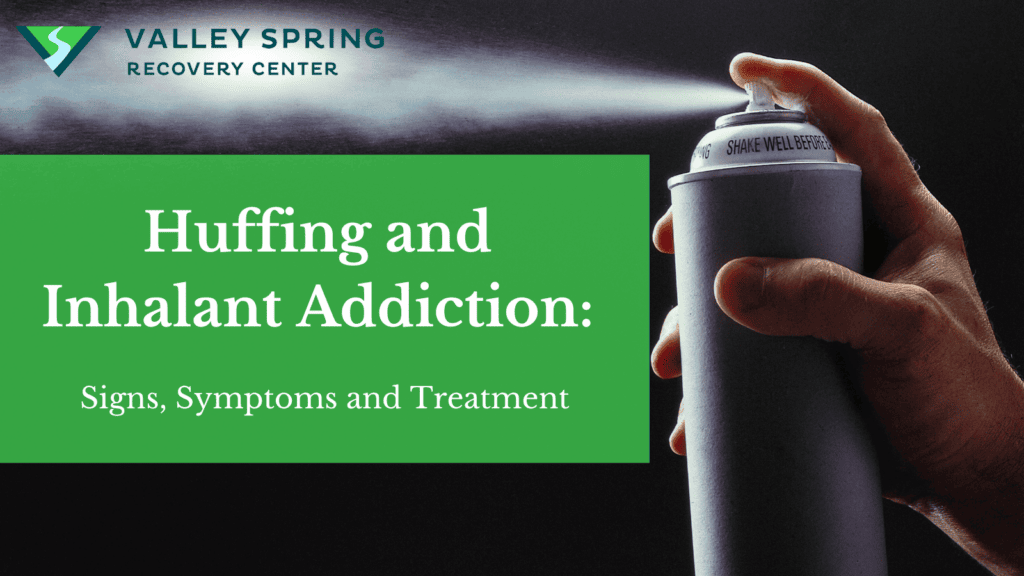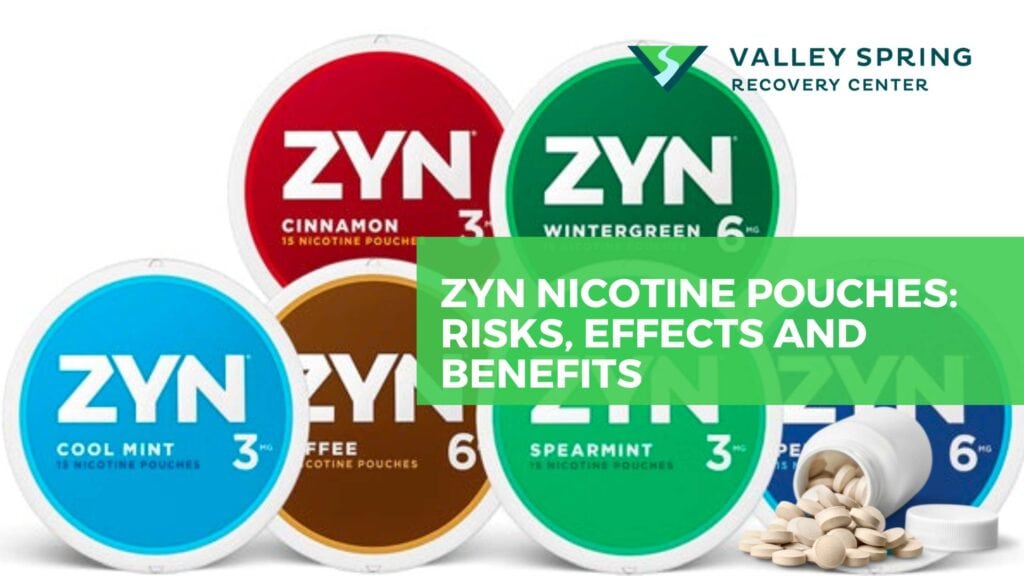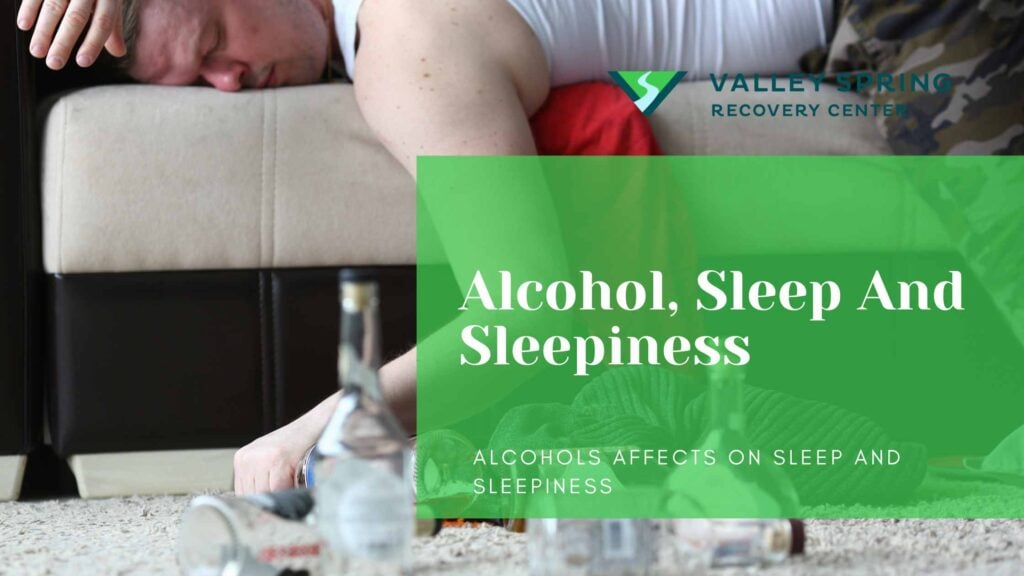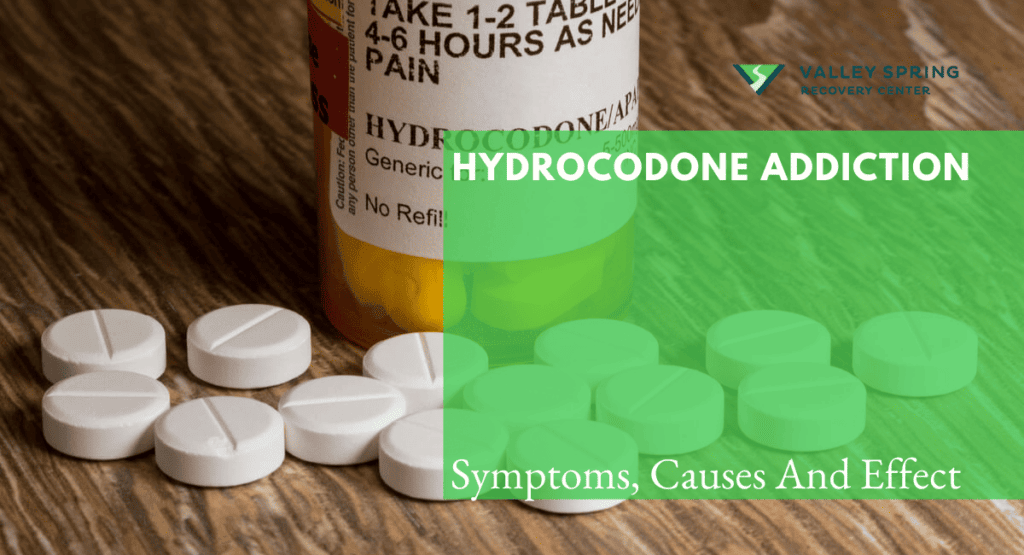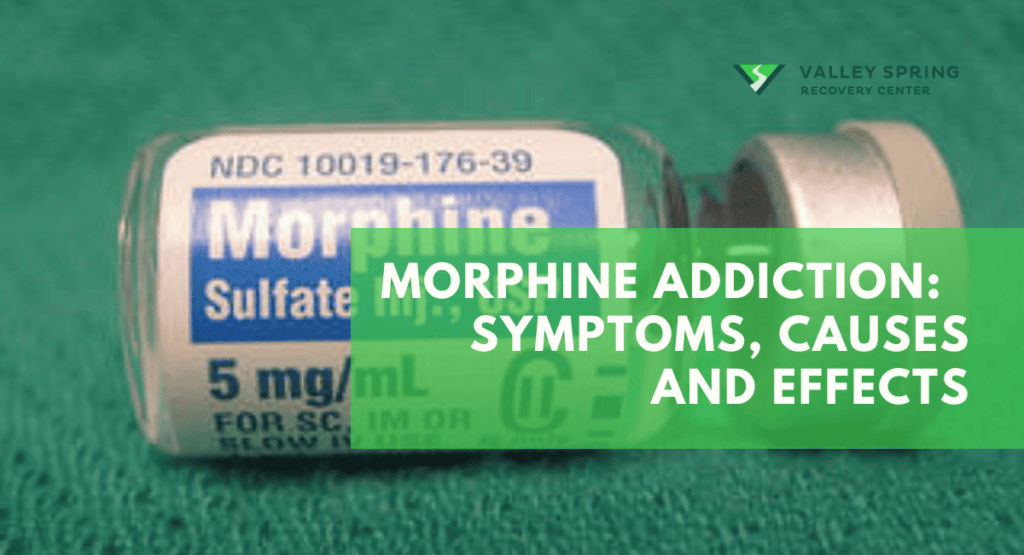Heroin is a highly addictive and illegal opioid drug that is synthesized from morphine, which is a naturally occurring substance extracted from the seed pod of certain varieties of poppy plants. It belongs to a class of drugs known as opioids, which also includes prescription pain relievers like oxycodone and hydrocodone.
Heroin addiction is a form of substance dependency characterized by an individual’s compulsive and excessive use of heroin which is prone to relapse. This problematic behavior disrupts various facets of one’s life and can have severe detrimental effects. Heroin Addicts become physically and mentally consumed with using the drug and are not able to stop despite the negative consequences of continued use.
The symptoms of heroin addiction encompass a constant craving for the drug, escalating reliance on heroin as a way to cope with emotional or physical pain, and negative repercussions on one’s personal and professional life, among others. Multiple elements contribute to the onset of this addiction.
The causes of heroin addiction are multifaceted, including the drug’s inherently addictive nature, underlying stress and emotional issues, and social factors. These elements compel an individual to persist in the excessive consumption of heroin, often as a means to alleviate discomfort or emotional turmoil. Such chronic use can lead to a host of health issues and interpersonal conflicts, similar to the consequences seen in other forms of addiction.
The effects of heroin addiction extend to both mental and physical health, including but not limited to anxiety or depression, social withdrawal, decreased physical well-being, diminished self-esteem, and poor performance in work or educational settings.
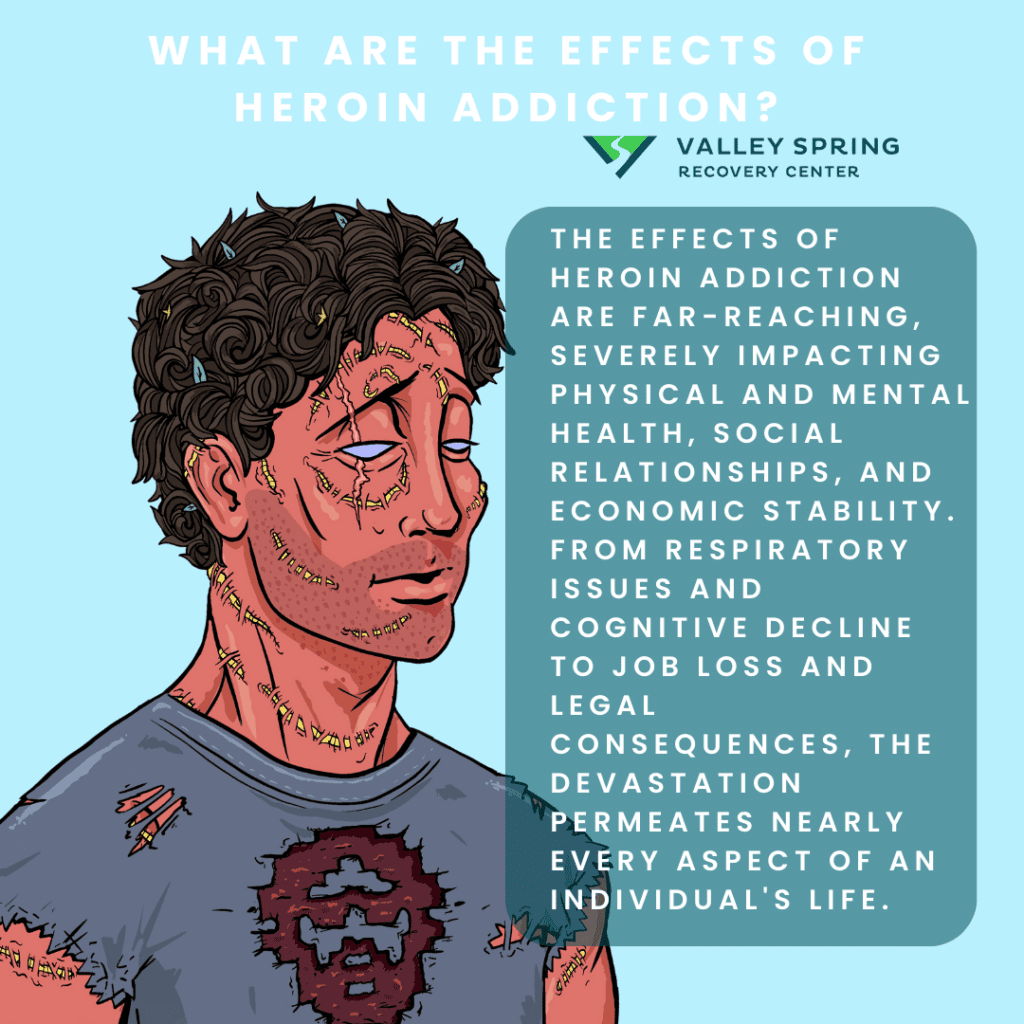
What Are The Effects of Heroin Addiction?
The devastating impact of heroin addiction permeates nearly every facet of an individual’s existence, affecting not just their physical and mental well-being but also their social relationships and economic stability. On the physical health front, heroin’s depressive effect on the central nervous system can result in respiratory issues such as slowed or irregular breathing. Cardiovascular problems like collapsed veins, blood clots, and heart infections are also common long-term consequences. The drug can wreak havoc on the gastrointestinal system, leading to constipation and other digestive issues. Moreover, a weakened immune system leaves the individual more susceptible to infections, while prolonged use can cause irreversible damage to the liver and kidneys. Malnutrition often sets in as dietary needs are neglected, leading to weight loss and poor nutrition.
Mental health is equally compromised, with heroin use often exacerbating existing conditions like depression and anxiety or triggering new ones. Cognitive functions deteriorate, affecting decision-making abilities, while emotional instability manifests in mood swings, irritability, and emotional numbness. Socially, the addiction strains relationships, erodes trust, and leads to conflicts. The social stigma associated with heroin use can further isolate the individual, diminishing their self-esteem. Economic repercussions are severe, with job loss due to poor performance and unreliability, and the crippling financial strain of maintaining a heroin habit often leading to debt or criminal activities.
Legal consequences are inevitable, given that possession and distribution of heroin are illegal activities that can result in arrest and imprisonment. Parents addicted to heroin risk losing custody of their children due to neglect or abuse stemming from their addiction. In extreme cases, the addiction can lead to homelessness and an increased risk of fatal overdose as tolerance to the drug builds up over time.
The initial effects of heroin use are often misleadingly pleasurable, characterized by a “rush” of sensation, skin flushing, and a heavy feeling in the extremities. However, this rush, particularly from intravenous use, lasts a mere two minutes and is often followed by nausea, vomiting, and itching. As a depressant, heroin induces drowsiness and clouds mental function for several hours. It also slows down heart function and breathing rate, which can be life-threatening. The drug’s effects occur because it converts to morphine upon entering the brain and quickly binds to opioid receptors. According to a study by Goldstein, A. on Heroin addiction in J Psychoactive drugs, states that once heroin enters the brain, it is converted to morphine and binds rapidly to opioid receptors. People who use heroin typically report feeling a surge of pleasurable sensation—a “rush.” The high can last four to five hours, but it’s crucial to note that tolerance builds quickly, escalating the risk of addiction and overdose. Overdose symptoms include dry mouth, shallow breathing, a discolored tongue, small pupils, slow pulse, and blue lips.
Why Is Heroin Addictive?
Heroin is highly addictive due to its potent impact on the brain’s reward system, a complex network of neurotransmitters and receptors that govern pleasure, motivation, and reinforcement. When heroin enters the brain, it is rapidly converted into morphine, which then binds to opioid receptors. This binding triggers a surge of dopamine, a neurotransmitter associated with pleasure and reward, leading to intense feelings of euphoria, commonly referred to as a “rush.” This euphoric state reinforces the desire to use the drug again, setting the stage for a cycle of addiction.
The brain quickly adapts to the presence of heroin, leading to the development of tolerance. This means that over time, higher doses of the drug are required to achieve the same level of euphoria, further escalating the risk of addiction. As tolerance builds, the brain’s natural production of dopamine and other neurotransmitters is suppressed, making it increasingly difficult for the individual to experience pleasure or even maintain a baseline level of well-being without the drug. This leads to physical dependence, where the body requires the drug to function normally.
Withdrawal symptoms, which can include severe discomfort, nausea, vomiting, and intense cravings, make quitting heroin particularly challenging. These symptoms often drive individuals to continue using the drug to avoid the painful experience of withdrawal, perpetuating the cycle of addiction. Additionally, the emotional and psychological aspects of heroin use, such as the temporary relief from pain, stress, or emotional turmoil, can serve as powerful motivators for continued use, despite the devastating consequences on physical health, mental well-being, and overall quality of life.
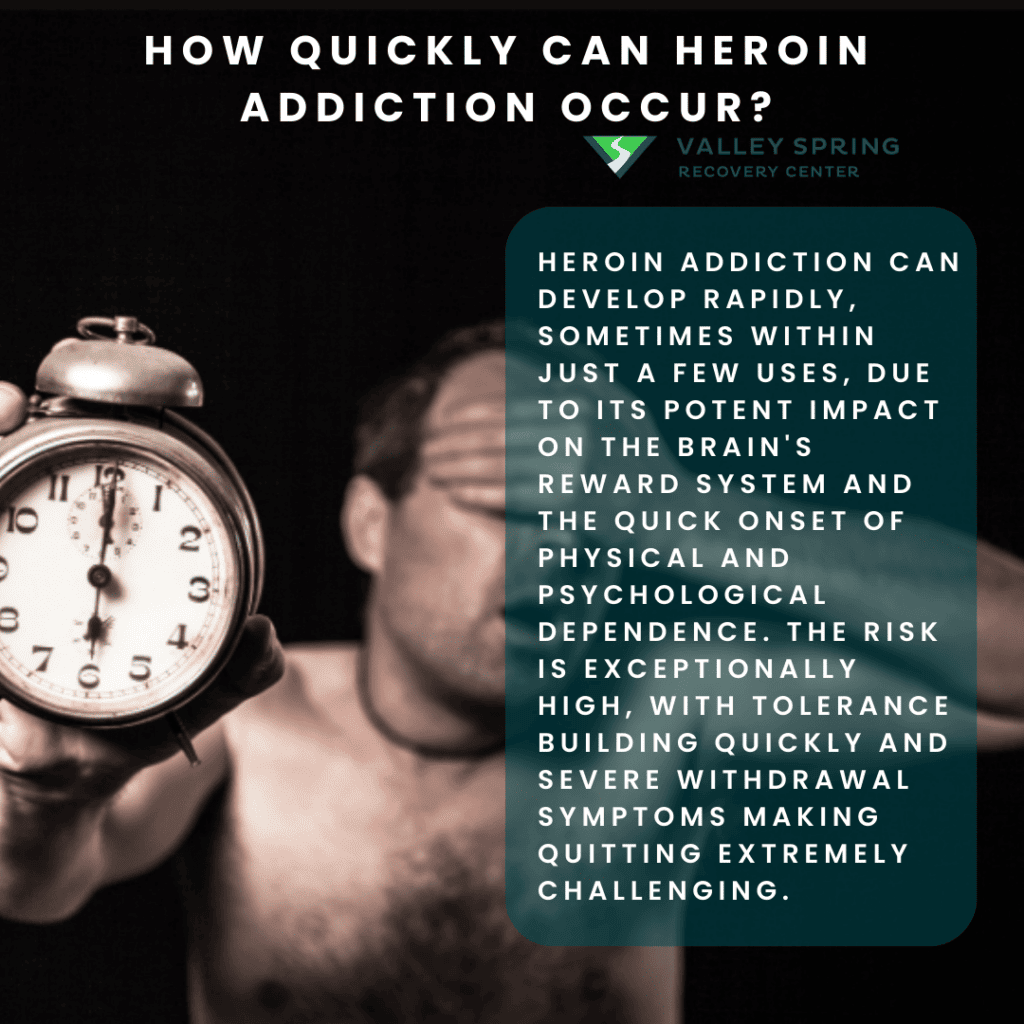
How quickly can heroin addiction and physical dependence occur?
The speed at which heroin addiction can develop varies from person to person, influenced by a range of factors including genetics, environment, psychological state, and the frequency and dosage of drug use. However, heroin is known for its potent addictive potential, and dependency can develop relatively quickly, sometimes within just a few uses for some individuals.
The initial “rush” or euphoria that heroin produces is intensely pleasurable, activating the brain’s reward system and creating a strong desire to repeat the experience. This immediate and powerful reinforcement can lead to frequent use in a short period, setting the stage for both physical and psychological dependency. Tolerance to the drug’s effects can build rapidly, requiring the user to consume larger amounts to achieve the same euphoric state, thereby accelerating the path to addiction.
Physical dependence can manifest within a matter of weeks with regular use, evidenced by withdrawal symptoms like nausea, vomiting, and irritability when the drug is not consumed. Psychological dependence can develop even more quickly, as the drug may be used as a coping mechanism for stress, emotional pain, or other psychological issues. This can create a cycle where the individual feels compelled to use heroin to avoid negative emotional states, further entrenching the addiction.
It’s crucial to note that not everyone who uses heroin will become addicted, but the risk is exceptionally high due to the drug’s potent impact on both the body and the brain. Given the rapid onset of tolerance and the severe withdrawal symptoms, the timeline for addiction can be alarmingly short, making any use of heroin highly risky.
The concept of tolerance and dependency revolves around the physiological and psychological reliance on substances, behaviors, or conditions to the extent that their absence can lead to adverse physical and emotional effects. People become addicted to heroin because it feels good when you take it, and then you feel bad when you don’t take it. This makes individuals feel the need to continue taking heroin so they will continue to feel good and not bad.
What Are The Signs And Symptoms of Heroin Addiction?
Recognizing the signs and symptoms of heroin addiction is crucial for early intervention and effective treatment. The physical indicators often include constricted pupils, needle marks, drowsiness, slurred speech, rapid weight loss, poor hygiene, and frequent scratching or picking at the skin. Users may also exhibit runny noses, small pupils in low light, and symptoms like nausea and vomiting.
Behavioral changes are another red flag, including drastic shifts in social circles, neglect of responsibilities, and deceptive or secretive actions. Financial difficulties often arise, sometimes leading to theft, while sudden mood swings, isolation from friends and family, and a loss of interest in hobbies or activities can signal a growing problem. Performance at school or work may decline, and legal issues could become a concern, especially as risky behaviors to obtain heroin escalate.
Emotionally, heroin addiction manifests in intense mood swings, irritability, anxiety, and depression. A general sense of apathy or emotional numbness may set in, along with increased moodiness, agitation, and emotional withdrawal. Motivation often wanes, making it difficult to engage in activities that once brought joy.
The symptoms of heroin addiction encompass a broad range of physical, behavioral, and emotional signs that collectively highlight the drug’s detrimental impact on health. Early symptoms can include an increasing tolerance to the drug, intense cravings, social withdrawal, and neglect of responsibilities. Changes in sleeping patterns, mood swings, secretive behavior, and a loss of interest in hobbies are also common, along with isolation from loved ones and frequent flu-like symptoms. As the addiction progresses, symptoms become more severe, including significant weight loss, visible track marks, a decline in physical health and personal hygiene, financial troubles, and legal issues. Mental health deteriorates, the risk of overdose increases, and the inability to quit the drug becomes more pronounced, often leading to social isolation and broken relationships.
What Are The Causes Of Heroin Addiction?
The causes of heroin addiction are complex and often involve a combination of biological, psychological, and environmental factors. Here are some of the key contributors:
Genetic Predisposition: Some individuals may have a genetic makeup that makes them more susceptible to addiction. A family history of substance abuse can be an indicator.
Neurochemical Factors: Heroin interacts with the brain’s reward system, releasing a surge of dopamine that creates a pleasurable sensation. This biochemical reaction can make the drug highly addictive.
Emotional and Psychological Triggers: Issues such as stress, anxiety, depression, and other mental health conditions can make an individual more vulnerable to heroin addiction as a form of self-medication.
Social and Environmental Influences: Peer pressure, social circles where drug use is normalized, and lack of supportive environments can contribute to the initiation and continuation of heroin use.
Availability and Accessibility: The ease with which heroin can be obtained plays a significant role. In some cases, prescription opioid abuse can lead to heroin use as a cheaper and more accessible alternative.
Co-occurring Disorders: Individuals with other forms of addiction or mental health disorders are at a higher risk of developing a heroin addiction.
Traumatic Experiences: People who have undergone physical or emotional trauma may turn to heroin as a coping mechanism, which can quickly lead to addiction.
Economic Factors: Socioeconomic status and lack of access to quality healthcare and addiction treatment services can also be contributing factors.
How Does Heroin Affect the Brain?
The science behind heroin addiction unveils the complex interplay of brain chemistry, reward pathways, and behavioral changes that contribute to the powerful grip of this substance on individuals. Here’s how heroin affects the brain:
- Opioid Receptor Activation: Heroin is converted to morphine in the brain, and it binds to opioid receptors located in areas involved in pain perception and reward, such as the ventral tegmental area (VTA) and the nucleus accumbens. This binding triggers a cascade of effects.
- Dopamine Release: The activation of opioid receptors leads to a significant release of dopamine in the brain’s reward pathway. Dopamine is a neurotransmitter associated with pleasure and reinforcement of behaviors.
- Intense Euphoria: The dopamine surge from heroin use produces an intense euphoric rush, creating a powerful feeling of pleasure and well-being.
- Reward and Reinforcement: The brain’s reward system is strongly engaged, reinforcing the behavior of taking heroin and making the brain associate drug use with pleasure.
- Cravings and Dependence: Repeated heroin use leads to changes in the brain’s reward circuitry, resulting in the development of cravings and a compulsion to seek and use the drug.
- Tolerance: Over time, the brain becomes less responsive to heroin’s effects, leading to tolerance. This means that more of the drug is needed to achieve the same euphoric effects.
- Withdrawal: With continued use, the brain becomes reliant on heroin to function normally. When the drug is absent, individuals experience withdrawal symptoms such as anxiety, nausea, and pain.
- Disruption of Decision-Making: Heroin affects areas responsible for decision-making and impulse control, contributing to poor judgment and risky behaviors associated with addiction.
- Long-Term Changes: Chronic heroin use can lead to lasting changes in brain structure and function. These changes can contribute to difficulties in regulating emotions, making decisions, and resisting the urge to use the drug.
How Is Heroin Consumed?
Heroin can be ingested through various methods, including injection, snorting, or smoking. Heroin is typically sold as a white or brownish powder or as a black sticky substance known as “black tar heroin.” The ways addicts use heroin are listed below:
- Injection (Intravenous).
- Smoking.
- Snorting (Intranasal).
- Insufflation (Snorting through Inhaler.
- Oral Consumption.
- Suppository (Rectal Administration.
| Method of Consumption | Immediate Effects | Long-Term Dangers | Additional Notes |
| Intravenous Injection | Rapid onset of euphoria, pain relief | Risk of HIV/AIDS, vein damage, abscesses | Most addictive method, immediate bloodstream entry |
| Intramuscular Injection | Slower onset of euphoria | Muscle damage, risk of infection | Less immediate but longer-lasting effects |
| Snorting | Quick but less intense euphoria | Nasal tissue damage, respiratory issues | No needle-related risks but still addictive |
| Smoking (“Chasing the Dragon”) | Rapid onset of effects | Lung damage, risk of overdose | Quick absorption through the lungs |
| Oral Consumption | Slowest onset, least intense effects | Liver damage, digestive issues | Least common method, lower bioavailability |
| Sublingual (Under the Tongue) | Moderate onset, less intense effects | Mouth tissue damage | Rarely used, less research available |
| Rectal Administration (“Plugging”) | Quick onset, intense effects | Rectal tissue damage, risk of overdose | Risky due to quick absorption and high bioavailability |
What Is It Like To Stop Using Heroin?
Heroin comes with physical and mental dependency which means withdrawal symptoms occur when use is discontinued. The withdrawal symptoms from heroin addiction can be incredibly challenging due to the profound physiological and psychological effects of the drug. Heroin withdrawal symptoms typically start within hours after the last use and may peak in severity within 1 to 3 days. These symptoms can include:
- Flu-like symptoms: Individuals might experience symptoms like nausea, vomiting, diarrhea, and abdominal cramps, which can be severe and lead to dehydration and electrolyte imbalances.
- Muscle and Bone Pain: Pain in the muscles and bones, often referred to as “bone aches,” is common during withdrawal. Restlessness and difficulty sitting still can also occur.
- Insomnia: Sleep disturbances are common, with individuals struggling to fall asleep or stay asleep during withdrawal.
- Anxiety and Agitation: Feelings of anxiety, restlessness, and agitation are common during withdrawal, making it difficult for individuals to relax.
- Depression: Many people experience low mood, feelings of hopelessness, and even thoughts of suicide during withdrawal.
- Intense Cravings: The strong desire to use heroin to relieve withdrawal symptoms can be overwhelming and contribute to the difficulty of quitting.
- Sweating and Chills: Profuse sweating followed by chills is a common phenomenon during withdrawal.
- Dilated Pupils: Pupils may appear larger than usual due to the absence of the drug’s constrictive effects.
- Elevated Heart Rate and Blood Pressure: Heart rate and blood pressure can increase during withdrawal, leading to a feeling of discomfort.
- Drug-Seeking Behavior: Individuals in withdrawal may engage in drug-seeking behaviors to alleviate their symptoms, which can lead to relapse.
Due to the discomfort and distress associated with these withdrawal symptoms, many people find it extremely difficult to quit heroin without professional medical assistance.
How Common Is Heroin Addiction?
The prevalence of heroin addiction remains a pressing global concern, as the drug’s highly addictive nature continues to impact individuals and communities, contributing to significant health, social, and economic challenges.
Global statistics
- Global Users: It’s estimated that tens of millions of people worldwide have used heroin or other opioids illicitly. The number of individuals with heroin addiction varies by region and country.
- Opioid-Related Deaths: Opioid overdose deaths, including those involving heroin, have risen in many countries. Heroin’s potency and the risk of overdose contribute to these fatalities.
- Treatment Demand: Many individuals seek treatment for opioid use disorders, including heroin addiction. Medication-assisted treatments like methadone and buprenorphine are often used to help individuals manage their addiction according to SAMSHA.
- HIV and Hepatitis Transmission: Injection drug use, including heroin, contributes significantly to the spread of HIV and hepatitis C due to the sharing of needles and other injection equipment.
- Social and Economic Impact: Heroin addiction places a burden on healthcare systems, social services, and criminal justice systems due to increased healthcare costs, criminal activities associated with addiction, and strained resources for addiction treatment and prevention.
- Geographical Variation: The prevalence of heroin addiction varies widely by region and country. Some areas have seen declines in heroin use due to various interventions, while others continue to struggle with high rates of addiction.
- Around 13.5 million people worldwide use opium-like drugs, and about 9.2 million of them use heroin, a strong drug.
- In 2007, almost all (93%) of the world’s opium used to make heroin came from Afghanistan. According to Dyer, Owen in the 2007 study – Afghan farmers should be licensed to grow poppies for morphine, Senlis Council says.
- Opium is worth a lot of money – about $4 billion – and most of it went to bad people who sell drugs (about three-quarters of it).
- A smaller part, like a quarter, went to Afghan farmers who grew the opium.
- The SAMSHA 2020 National Survey on Drug Use and Health found that 153,000 people were using heroin.
- In Europe, 4 out of 5 deaths linked to drugs were because of opiate drugs, mainly heroin, in 2008.
- Also, in the US, around 18% of the people who get help for drug and alcohol problems are there because of opiates like heroin according to the United Nations Office On Drug and Crime in the 2018 World Drug Report.
National Statistics
- In 2019 SAMSHA estimated an estimated 745,000 people aged 12 or older in the US reported using heroin in the past year.
- The number of new heroin users in 2019 was around 136,000, which had decreased from previous years.
- The age group with the highest rate of heroin use in 2019 was young adults aged 18 to 25.
- Approximately 10% of people who use heroin develop an addiction to it.
- Heroin-related overdose deaths have been on the rise for several years. In 2019, there were over 14,000 heroin-involved overdose deaths in the US.
- Many people who misuse prescription opioids often transition to heroin use. According to a survey By NIDA about 80% of heroin users reported misusing prescription opioids before using heroin.
- The use of medication-assisted treatment, such as methadone and buprenorphine, has been growing as a way to address heroin addiction. These treatments help individuals manage withdrawal symptoms and cravings.
Heroin addiction statistics show that heroin continues to be one of the leading causes of overdose in the United States and across the world.
How Many People To Go Rehab For Heroin Addiction?
Admission Rates by Gender:
- Admission rates for heroin addiction treatment can vary between genders, with males historically having higher rates of admission compared to females. This reflects the general trend of higher substance use among males.
- While both genders are affected by heroin addiction, the extent and reasons for seeking treatment can differ based on social, cultural, and biological factors.
Admission Rates by Age Groups:
- Heroin addiction affects individuals across a wide range of age groups, but admission rates may show variation by age due to factors such as life circumstances, accessibility to treatment, and awareness of the problem.
- Young adults (18 to 25 years old) have been found to be at higher risk for heroin use and addiction, often due to experimentation, peer influence, and lack of awareness of the consequences.
- Older adults (over 50 years old) can also be affected, often as a result of prolonged substance use or relapses after periods of abstinence.
- Middle-aged adults (30 to 50 years old) can experience addiction due to various factors, including chronic pain, exposure to prescription opioids, and personal life challenges.
What Are The Relapse Rates For Heroin Addiction?
Short-Term Relapse Rates:
- Heroin addiction is notorious for its high relapse rates, particularly in the short term after initial treatment.
- Short-term relapse rates can be influenced by various factors, including the intense cravings experienced during withdrawal, triggers in the environment, stress, and inadequate coping skills.
Long-Term Relapse Rates:
- While relapse rates can be high in the short term, long-term recovery success can vary widely among individuals.
- Achieving sustained recovery from heroin addiction often requires ongoing support, lifestyle changes, and the development of effective coping strategies to manage triggers and stressors.
- Long-term relapse rates might decrease over time as individuals build strong support networks, adopt healthier habits, and acquire skills to manage cravings and avoid triggers.
- Continuous engagement in aftercare programs, counseling, therapy, support groups, and medication-assisted treatment (if appropriate) can significantly improve the chances of maintaining long-term abstinence.
- Relapse should be viewed as a part of the recovery journey, and individuals who experience relapses should not lose hope. Each relapse can offer valuable insights into personal triggers and vulnerabilities, aiding in the development of more effective relapse prevention strategies.
What Are The Contributing Factors To heroin Overdose?
The contributing factors to heroin overdose are listed below:
- Tolerance and Dose Escalation: As individuals develop tolerance to heroin’s effects, they may need to take higher doses to achieve the desired euphoria. This increases the risk of inadvertently taking a dose that surpasses their body’s capacity to tolerate, leading to overdose.
- Polydrug Use: Many heroin overdoses involve the simultaneous use of other substances, such as alcohol, benzodiazepines or Xylazine. Combining depressant substances can magnify the depressive effects on the central nervous system, heightening the risk of overdose.
- Inconsistent Purity: The potency and purity of heroin on the illicit market can vary greatly. Individuals who are used to a certain dose might unknowingly consume heroin that is much stronger, leading to an overdose.
- Relapse After Abstinence: Individuals who have undergone detoxification or periods of abstinence and then relapse may mistakenly use the same dose they used before, which can be dangerous due to reduced tolerance.
- Lack of Supervision: Using heroin alone increases the risk of overdose, as there’s no one to intervene in case of an emergency.
What Are The Heroin Overdose Statistics?
The heroin overdose statistics are listed below:
- Global Impact: In 2020, an estimated 81,000 people died from opioid-related overdoses worldwide, with a significant portion of these deaths attributed to heroin.
- United States: According to provisional data from the Centers for Disease Control and Prevention (CDC), there were nearly 71,000 drug overdose deaths in the US in 2020, a substantial increase from previous years. Heroin and other synthetic opioids played a major role in this increase.
- Age Group: Young adults aged 25 to 34 have the highest rates of heroin overdose deaths in the US, followed closely by those aged 35 to 44.
- Gender: Historically, men have had higher rates of heroin overdose deaths compared to women. However, recent years have shown an alarming increase in overdose deaths among women.
- Rural vs. Urban: Overdose deaths related to heroin and synthetic opioids have been more pronounced in rural and suburban areas in recent years, challenging the perception that this issue is confined to urban centers.
What Treatment Options Are There For Heroin Addiction?
Below are some treatment options for heroin addiction:
Inpatient treatment for heroin addiction involves a structured and intensive approach where individuals stay at a treatment facility 24/7, receiving comprehensive care, including inpatient residential rehab and detoxification, therapy, counseling, medical support, and skill-building.
Success rates for drug rehab depend on factors such as the individual’s commitment to recovery, the quality of the program, and ongoing support post-treatment.
Outpatient treatment for drug addiction involves individuals attending scheduled therapy, counseling, and support sessions while living at home, allowing for greater flexibility and integration of treatment into daily life
Success rates can vary widely, influenced by factors such as the individual’s level of motivation, the severity of their addiction, the support system they have, and their ability to avoid triggers and stay committed to the program.
What Is The Importance of Support System For Heroin Addicts To Maintain Longterm Sobriety?
Support systems play a pivotal role in the journey of overcoming heroin addiction, providing crucial emotional, practical, and motivational assistance. These systems, which can include family, friends, therapists, support groups, and healthcare professionals, offer a network of understanding, encouragement, and accountability. They help individuals navigate the challenges of withdrawal, cravings, and relapse by offering a safe space to share experiences and insights. A strong support system can instill hope, boost self-esteem, and reinforce the commitment to recovery, ultimately enhancing the chances of successfully overcoming heroin addiction and maintaining long-term sobriety.
What Are The Harm Reduction Strategies For Heroin Addiction?
Harm reduction strategies for heroin addiction aim to minimize the negative consequences associated with drug use while recognizing that abstinence might not be an immediate or feasible goal for everyone. Two key harm reduction approaches are needle exchange programs and medication-assisted treatment:
- Needle Exchange Programs: Needle exchange programs provide individuals with clean, sterile needles and syringes in exchange for used ones. The goal is to reduce the transmission of blood-borne infections like HIV and hepatitis C among people who inject drugs.
These programs also offer education about safer injection practices, overdose prevention, and access to healthcare services. By preventing the sharing of needles, needle exchange programs help decrease the risk of infections and promote better overall health among people who use heroin. - Medication-Assisted Treatment (MAT): MAT involves the use of FDA-approved medications, like methadone, buprenorphine, and naltrexone, in combination with counseling and therapy to treat heroin addiction. These medications can help reduce cravings and withdrawal symptoms, allowing individuals to stabilize their lives and focus on recovery.
Methadone and buprenorphine are opioid agonists that work by activating the same receptors as heroin but in a controlled manner, while naltrexone is an opioid antagonist that blocks the effects of opioids. MAT has been shown to significantly improve treatment retention, reduce illicit drug use, and lower the risk of overdose.
When Did Heroin Become Popular?
Heroin has a complex and interesting historical background that spans several centuries. Here are some key points in the history of heroin:
- Discovery of Morphine: The history of heroin is intertwined with that of morphine, its precursor. In the early 19th century, Friedrich Sertürner, a German pharmacist, isolated morphine from opium, which had been used for centuries for its pain-relieving properties. Morphine was named after Morpheus, the Greek god of dreams, due to its sedative effects.
- Development of Heroin: In the late 19th century, chemists began modifying morphine to create new substances with potentially improved properties. In 1874, English chemist C.R. Alder Wright synthesized diacetylmorphine, which is the chemical name for heroin. However, Wright’s compound was not pursued for medical use at the time.
- Commercialization by Bayer: In 1898, the German pharmaceutical company Bayer began manufacturing and selling diacetylmorphine as a painkiller under the trade name “Heroin.” It was marketed as a non-addictive substitute for morphine and was initially used to treat coughs and respiratory illnesses, as well as pain.
- Discovery of Addiction: It didn’t take long for medical professionals to realize that heroin was highly addictive. By the early 1900s, reports of heroin addiction and related health issues were emerging, leading to concerns about its widespread use.
- Regulation and Restrictions: As the negative effects of heroin use became more apparent, countries around the world began regulating and restricting its availability. The Harrison Narcotics Tax Act of 1914 in the United States imposed controls on the production, distribution, and possession of opioids, including heroin.
- Decline in Medical Use: As a result of increasing restrictions and the recognition of heroin’s addictive nature, its medical use declined rapidly in the early 20th century. Morphine and other opioids remained the primary choices for pain management.
- Illicit Trade and Addiction: Despite its decline in medical use, heroin remained popular in illicit circles. It was commonly associated with drug abuse, addiction, and criminal activity. The 1960s and 1970s saw a resurgence of heroin use in many parts of the world, leading to a public health crisis.
- Efforts to Combat Heroin Abuse: Various efforts were made to address the heroin epidemic, including the development of opioid substitution therapies like methadone and buprenorphine to help individuals overcome addiction. Harm reduction strategies, needle exchange programs, and education campaigns also emerged to mitigate the negative consequences of heroin use.
Throughout its history, heroin’s reputation has shifted from a marketed painkiller to an illicit and highly addictive substance. Its story underscores the challenges of balancing medical benefits with the risks of substance abuse and addiction.
Where to Get Treatment For Heroin Addiction?
Heroin addiction is a complex and challenging issue that affects individuals, families, and communities, but help is available, and recovery is possible. It’s important to understand that addiction is a medical condition that requires comprehensive treatment, support, and understanding.
With the right interventions, a strong support network, and a commitment to change, recovery from heroin addiction is possible. Seeking help early, accessing evidence-based treatments, and addressing the physical, psychological, and social aspects of addiction are essential steps in the journey toward recovery and a healthier, more fulfilling life.
Heroin addiction treatment is available at government-funded facilities and can be found on the SAMSHA website as well as locally. Heroin addiction treatment in New Jersey is offered by Valley Spring Recovery Center.
Sources
- https://www.samhsa.gov/medications-substance-use-disorders/medications-counseling-related-conditions#:~:text=Buprenorphine%2C%20methadone%2C%20and%20naltrexone%20are,years%2C%20or%20even%20a%20lifetime.https://www.ncbi.nlm.nih.gov/pmc/articles/PMC2364812/#:~:text=Around%2090%25%20of%20the%20world’s,destined%20for%20the%20illicit%20market.
- https://www.samhsa.gov/data/sites/default/files/reports/rpt35325/NSDUHFFRPDFWHTMLFiles2020/2020NSDUHFFR1PDFW102121.pdf
- https://www.unodc.org/wdr2018/prelaunch/WDR18_Booklet_4_YOUTH.pdfhttps://www.samhsa.gov/data/sites/default/files/reports/rpt29393/2019NSDUHFFRPDFWHTML/2019NSDUHFFR1PDFW090120.pdf
- https://www.samhsa.gov/data/sites/default/files/reports/rpt29393/2019NSDUHFFRPDFWHTML/2019NSDUHFFR090120.htmhttps://nida.nih.gov/publications/research-reports/prescription-opioids-heroin/prescription-opioid-use-risk-factor-heroin-use
Kristy Ashe
All author postsShare This Post


